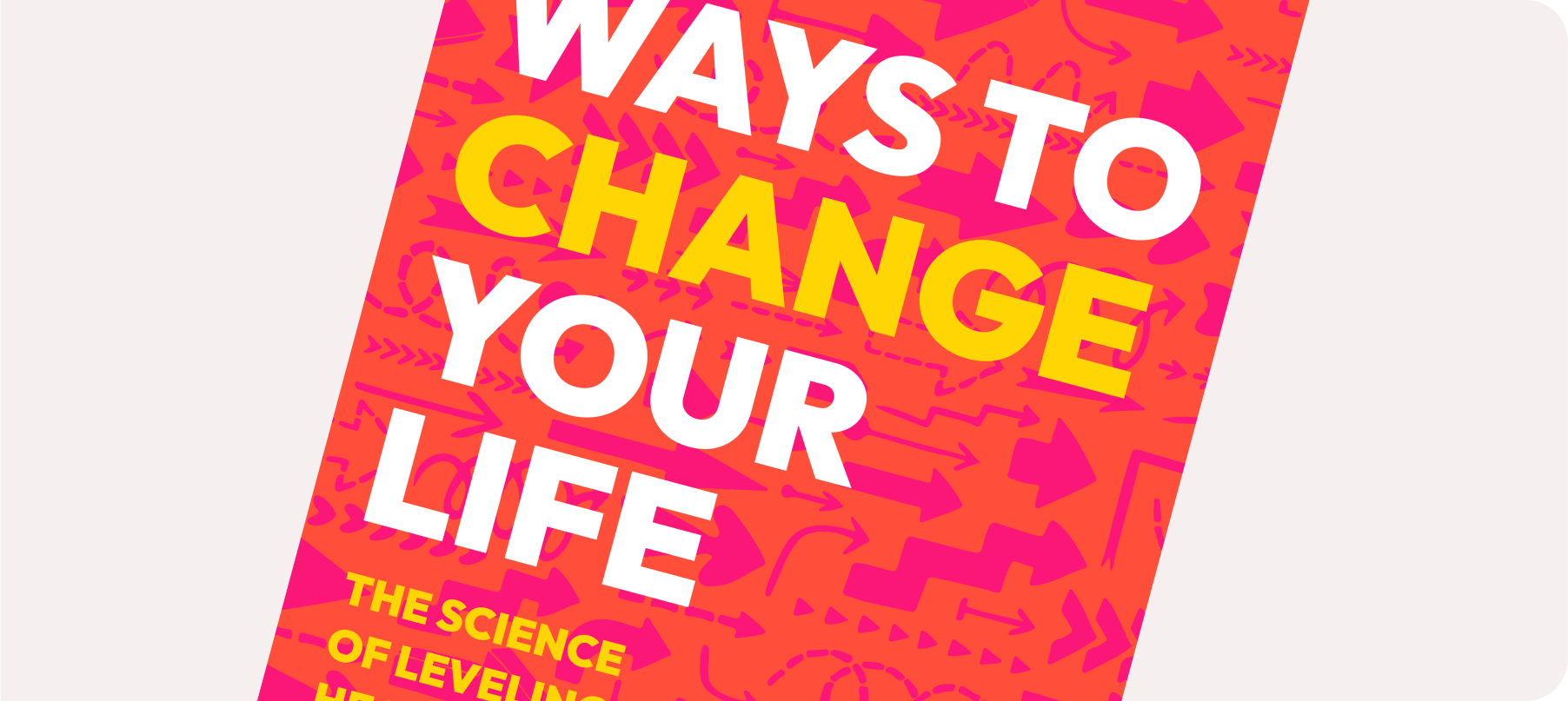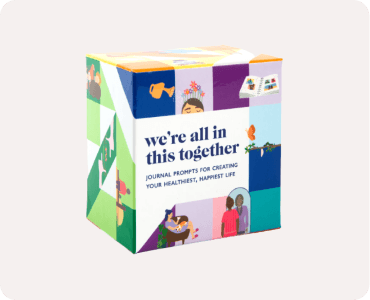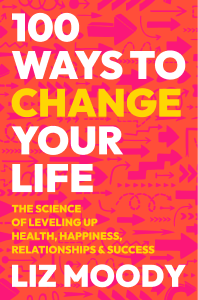Learn how to manage your everyday stress and build resilience in this conversation with Dr. Jenny Taitz.
There are new stress relief tips trending online every day, but which ones actually work? In this episode, Liz Moody speaks with author, certified CBT and DBT therapist, and professor in the Department of Psychiatry at UCLA Jenny Taitz about stress management and relief. She offers advice on how to handle everything from health anxiety to being stuck in traffic.
Key to Taitz’s advice is the fact that we often respond to stress in ways that make us more stressed. Her science-backed methods are alternatives to the often self-destructive and short-sighted ways that we tend to respond to stress.
- 00:00 Introduction
- 0:25 Where is Stress Showing?
- 04:18 Why Do We Handle Stress Poorly?
- 7:30 Urge Surfing
- 9:20 Tapping Into Your Wise Mind
- 15:40 Multitasking & Its Downsides
- 19:42 Overthinking & Processing Thoughts
- 25:26 Substance Use For Stress Management
- 31:04 The Ice Water Hack
- 39:06 Music & Your Mood
- 46:30 Emotional Eating
- 54:24 Health Anxiety
For more from Dr. Taitz, you can find her on Instagram @drjennytaitz or her website, www.drjennytaitz.com. Order her newest book, Stress Resets: How to Soothe Your Body and Mind in Minutes.
Ready to uplevel every part of your life? Order Liz’s new book 100 Ways to Change Your Life: The Science of Leveling Up Health, Happiness, Relationships & Success now!
To join The Liz Moody Podcast Club Facebook group, go to www.facebook.com/groups/thelizmoodypodcast.
Connect with Liz on Instagram @lizmoody, or subscribe to her newsletter by visiting www.lizmoody.com.
If you like this episode, check out Relieve Stress Now: Science To Feel Calmer & Happier with Dr. Elissa Epel.
This episode is sponsored by:
AG1: visit drinkag1.com/lizmoody and get your FREE year supply of Vitamin D and 5 free travel packs today.
Molly’s Suds: go to mollyssuds.com/LIZMOODY and use code LIZMOODY for 20% off.
The Liz Moody Podcast cover art by Zack. The Liz Moody Podcast music by Alex Ruimy.
Formerly the Healthier Together Podcast.
This podcast and website represents the opinions of Liz Moody and her guests to the show. The content here should not be taken as medical advice. The content here is for information purposes only, and because each person is so unique, please consult your healthcare professional for any medical questions.
The Liz Moody Podcast Episode 278.







